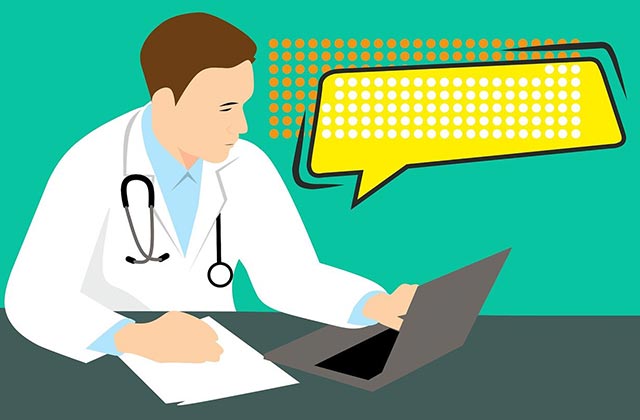The testicles are part of the male reproductive system that look like two egg-shaped glands that are held in a sac called the scrotum, below the penis. The testicles are where the sperm mature. This is also where the male hormones, called testosterone, are produced. This hormone controls the sex drive in men, as well as starts the growth of muscle, bone, and body hair.
Testicular cancer is cancer that starts in the male gland knows as the testicle or testis. It can affect boys or men at any age but is most often found in men from ages 15 to 44 years. This cancer is very rare and is treatable with an early diagnosis. The risk of death is very low for testicular cancer if partnered with the right treatment.
An estimated 1,150 Canadian men will be diagnosed with testicular cancer in 2020, according to studies. Out of those, 35 will die from the disease.
Patients diagnosed with testicular cancer react to treatment depending on the cancer cell-type, the extent to where it has spread, and the patient’s overall health. Doctors treating testicular cancer aim to limit the side effects of the treatment to the patient.
To catch an early diagnosis of testicular cancer, men are encouraged to learn about the early signs and symptoms, learn how to do a testicular self-exam, and talk with a health care professional when a suspicious lump, pain, or swelling occurs in the area.
Some of the risk factors of testicular cancer include:
- Abnormal testicle development
Some conditions that can cause testicles to develop abnormally may include the risk of testicular cancer. One example of this is Klinefelter syndrome.
- Family history
One may have an increased risk of having testicular cancer if other family members have had a history of testicular cancer.
- Race
Testicular cancer is more common in white men than that in black men.
- Age
Testicular cancer affects teens and younger men, especially between the ages of 15 and 35. However, in rare cases, it can occur at any age.
- Cryptorchidism or an undescended testicle
The testes normally descend into the scrotum before birth and are formed during fetal development. If a man’s testicle has not descended, he has a greater potential of contracting testicular cancer unlike those whose testicles normally descended.
Symptoms of Testicular Tumor
- Pain or a dull ache in the groin, scrotum, or testicles
- A painless lump in the testicles
- Tenderness in the male breast tissue
- Swelling of the testicle or a feeling of weight in the scrotum
As you do a self-exam and find any lump or firm part in the testicle, consult and see a doctor to find out if is a tumour. Only very few who have been diagnosed with testicular cancer felt pain at first.
On average, men wait for about five months before saying anything and consulting a medical professional. Since the tumour can already spread during that time, it is vital to reach out to a urologist once any of these signs are noticed. If the signs are present for more than two weeks, the urologist will want to test if cancer is growing or find other issues.
How to do a Testicular Self-Exam
1. Check each testicle. Gently roll each testicle between the thumb and forefingers and feel the whole surface. Firmness should be the same all around.
2. Find the epididymis and vas deferens. These are found above and behind the testicle that is soft and tube-like structures. Become familiar with how the cords feel.
3. Look for lumps and swelling. Feeling pain is not normal. The occurrence of bumps and lumps are not normal as well.
4. Check yourself at least once a month. Regularly look for any changes in shape, size, or texture.
If you notice any changes or lumps over time, consult a medical professional. Testicular cancer can spread very quickly but is curable when found early.
Stages of Testicular Cancer
Unlike other cancers, cells are looked at after the surgery is done to remove cancer. Doctors do not take tissue samples before surgery for testicular cancer.
- Stage 0: Also called “Germ Cell Neoplasia In Situ (GCNIS)”. This is a warning that cancer could grow, but this is not cancer yet.
- Stage I (IA, IB, IS): Cancer is found in the testicles and has not spread to nearby lymph nodes.
- Stage II (IIA, IIB, IIC): Cancer has spread to one or more lymph nodes in the abdomen.
- Stage III (IIIA, IIIB, IIIC): Cancer has spread beyond the lymph nodes in the abdomen into other distant lymph nodes or the lungs.
Early diagnosis and treatment are important to avoid cancer to spread throughout other parts of the body. If symptoms are present, consult a doctor right away. Online consultations are also available. You can also call an online doctor Vancouver to book a consultation and check-up. Don’t wait for cancer to spread and get yourself checked immediately. Check with rocketdoctor.ca if you have pain in your testis.


